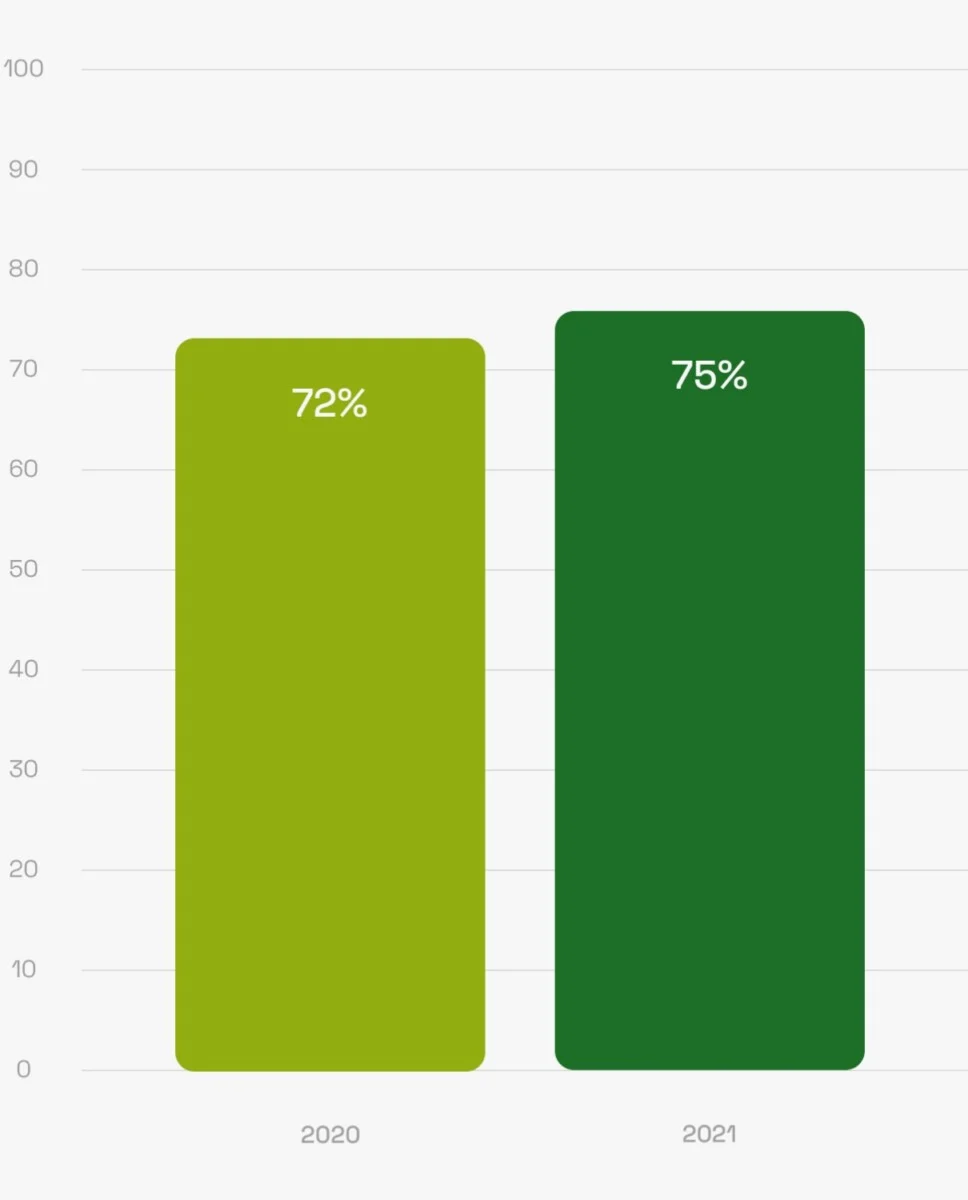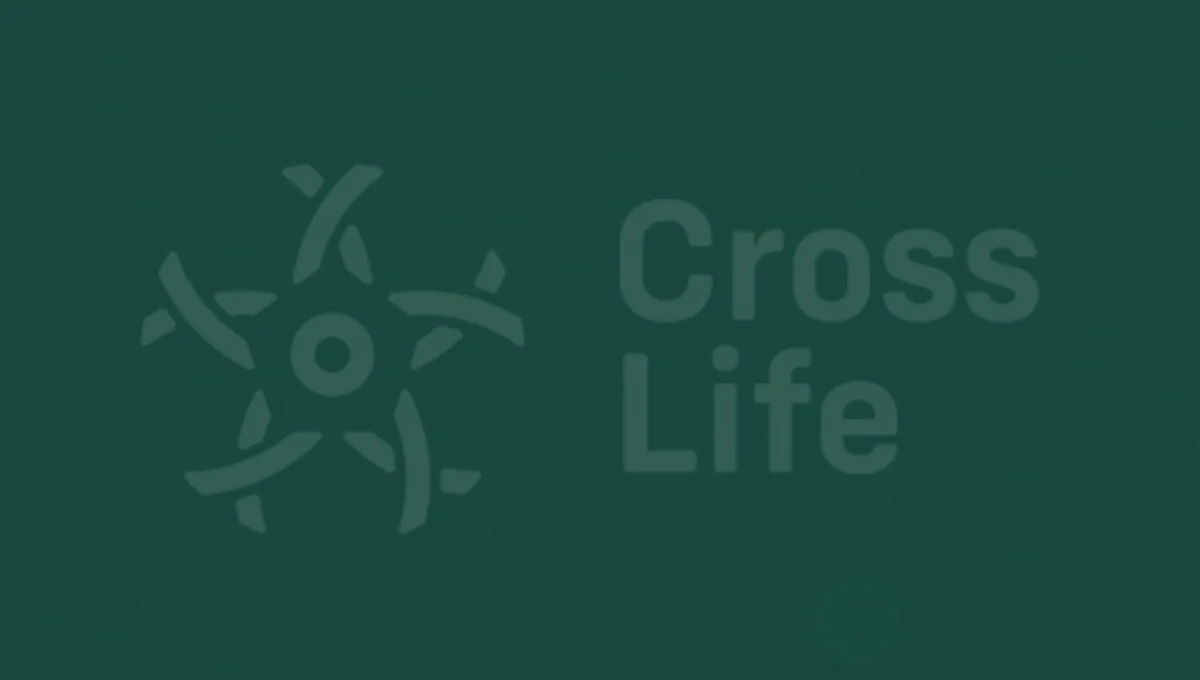The innovation that’s good for the Planet.
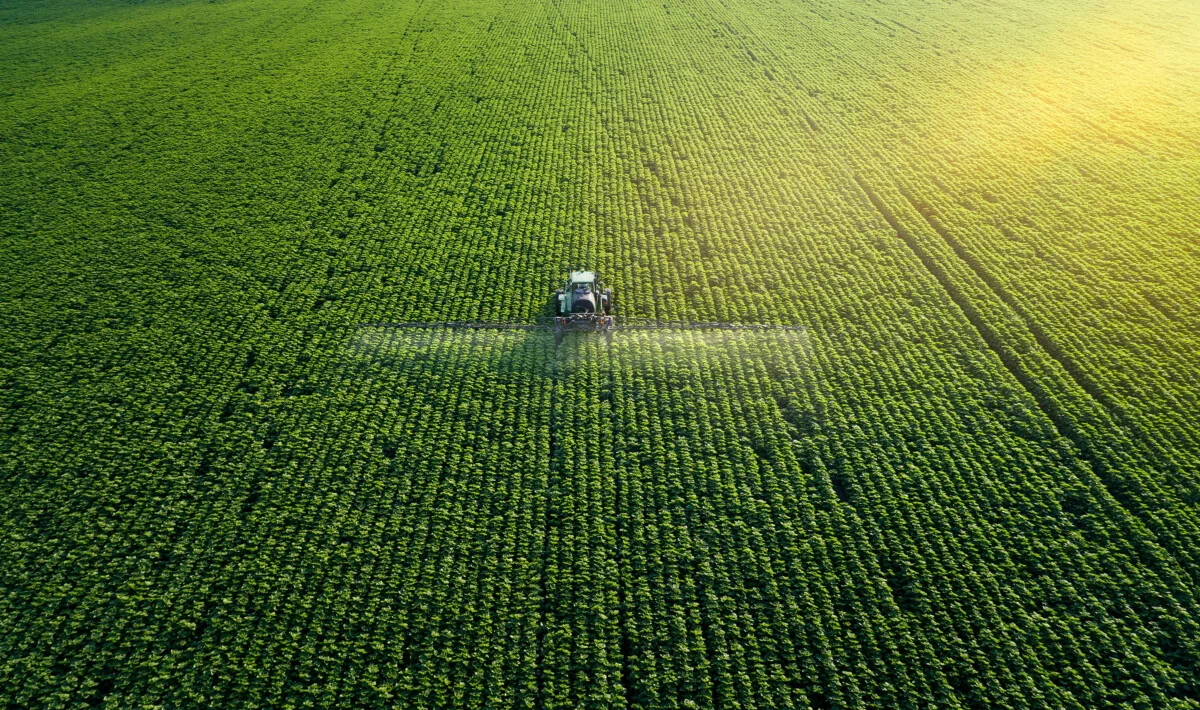
Everything started from the land and the passion that Luciano Martini felt for it.
This strong interest, together with the tireless search for agricultural innovation, is the first chapter of the history of Unigrà.
Thanks to a constant investment, our production facilities were equipped with cutting-edge technologies to improve processes and quality. Experimentation and constant research are still the driving forces to the company.
The management and agricultural processes are fully traceable by means of software enabling to monitor each farming and production cycle, including the analytic management of the costs corporate department, in order to increase quality and optimise the resources used for production.
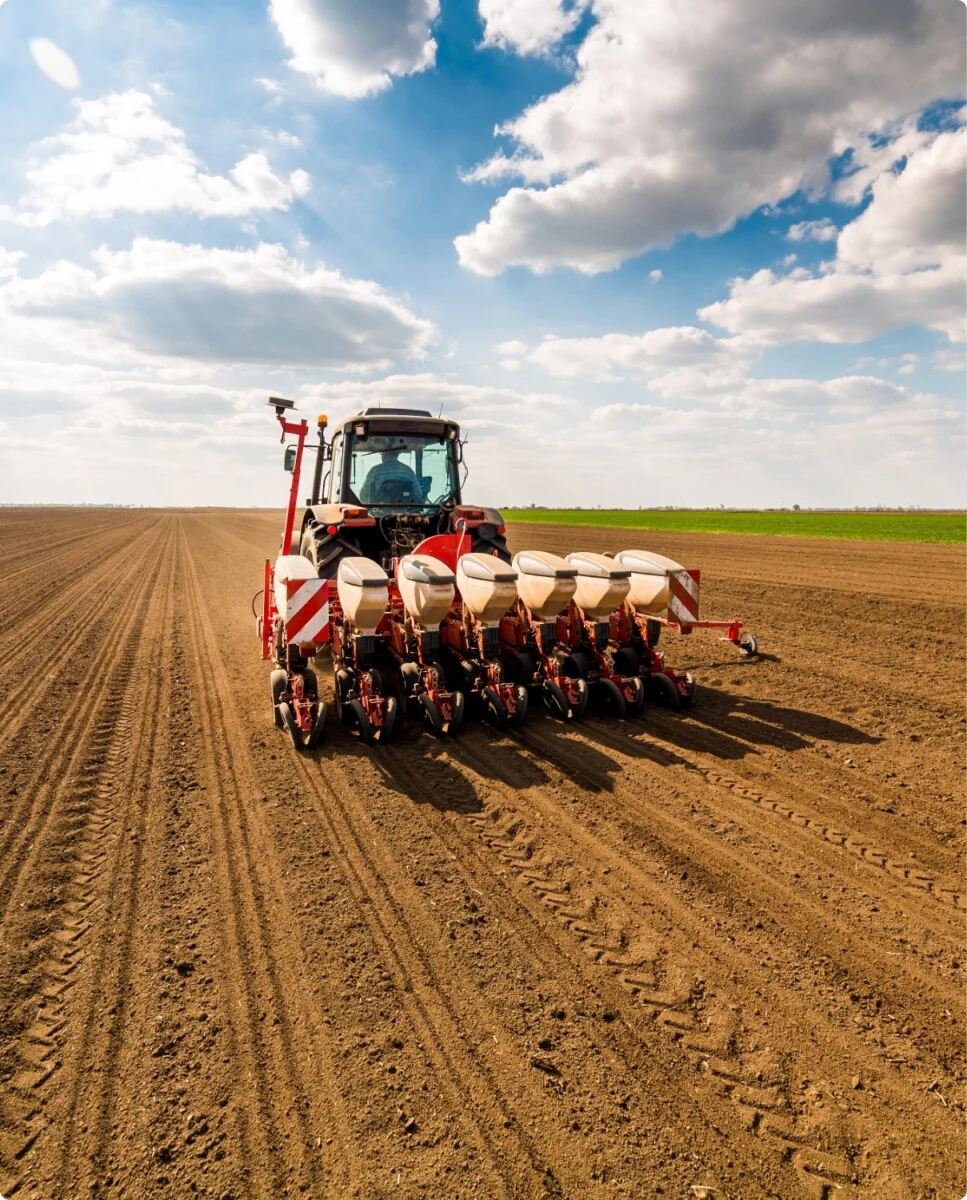
Precision farming
To improve the performance of lands while using less resources, we introduced this innovative method, that combines more technologies to monitor and optimise the production processes.
Precision farming enables to reduce both costs and the environmental impact, while increasing the performance of lands in terms of quality and quantity.
This technology may be also used on very specific machineries, such as seeders, that enable to regulate the amount of seeds and their release on a designated spot with high precision.
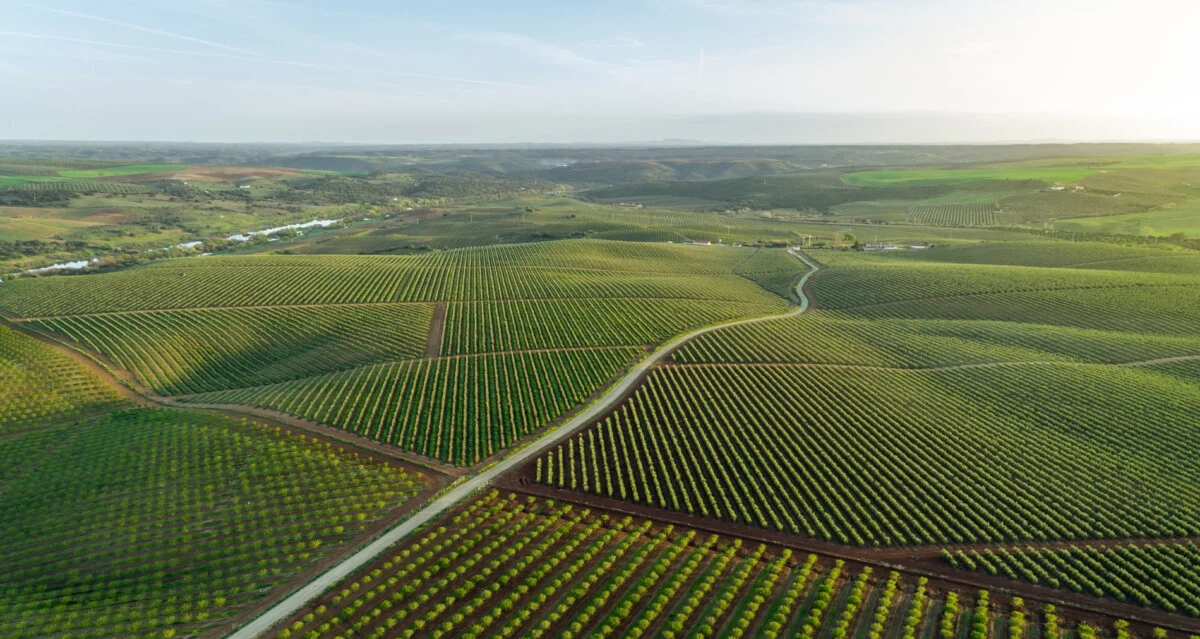
Supply chain of palm oil
Palm Oil is by far the largest edible oil crop on our planet and at the same time it returns the highest yield per cultivated hectare. During the last 70 years our world added 1 billion of people every 14 years. Since Palm Oil is nowadays grown on an area smaller than arable land dedicated worldwide to sunflower seeds crop or even 7 times smaller than acreage harvested for soybeans, being, at the same time, the production of oil bigger than the sum of the other two, there is no doubt Palm Oil will constitute the most efficient answer to constantly increasing demand of Oils & Fats arising from a larger world population.
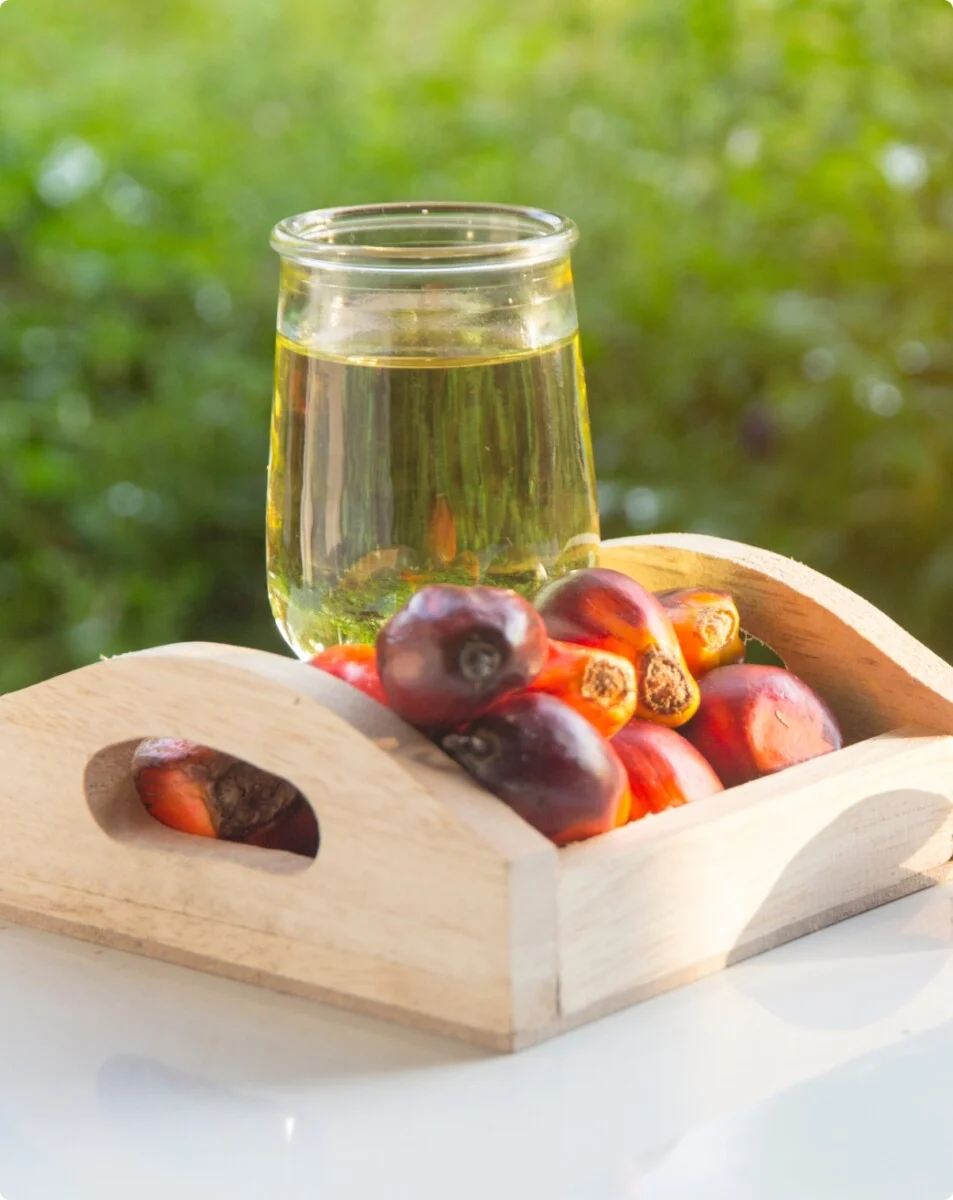

Supply chain of palm oil
Palm Oil is by far the largest edible oil crop on our planet and at the same time it returns the highest yield per cultivated hectare. During the last 70 years our world added 1 billion of people every 14 years. Since Palm Oil is nowadays grown on an area smaller than arable land dedicated worldwide to sunflower seeds crop or even 7 times smaller than acreage harvested for soybeans, being, at the same time, the production of oil bigger than the sum of the other two, there is no doubt Palm Oil will constitute the most efficient answer to constantly increasing demand of Oils & Fats arising from a larger world population.
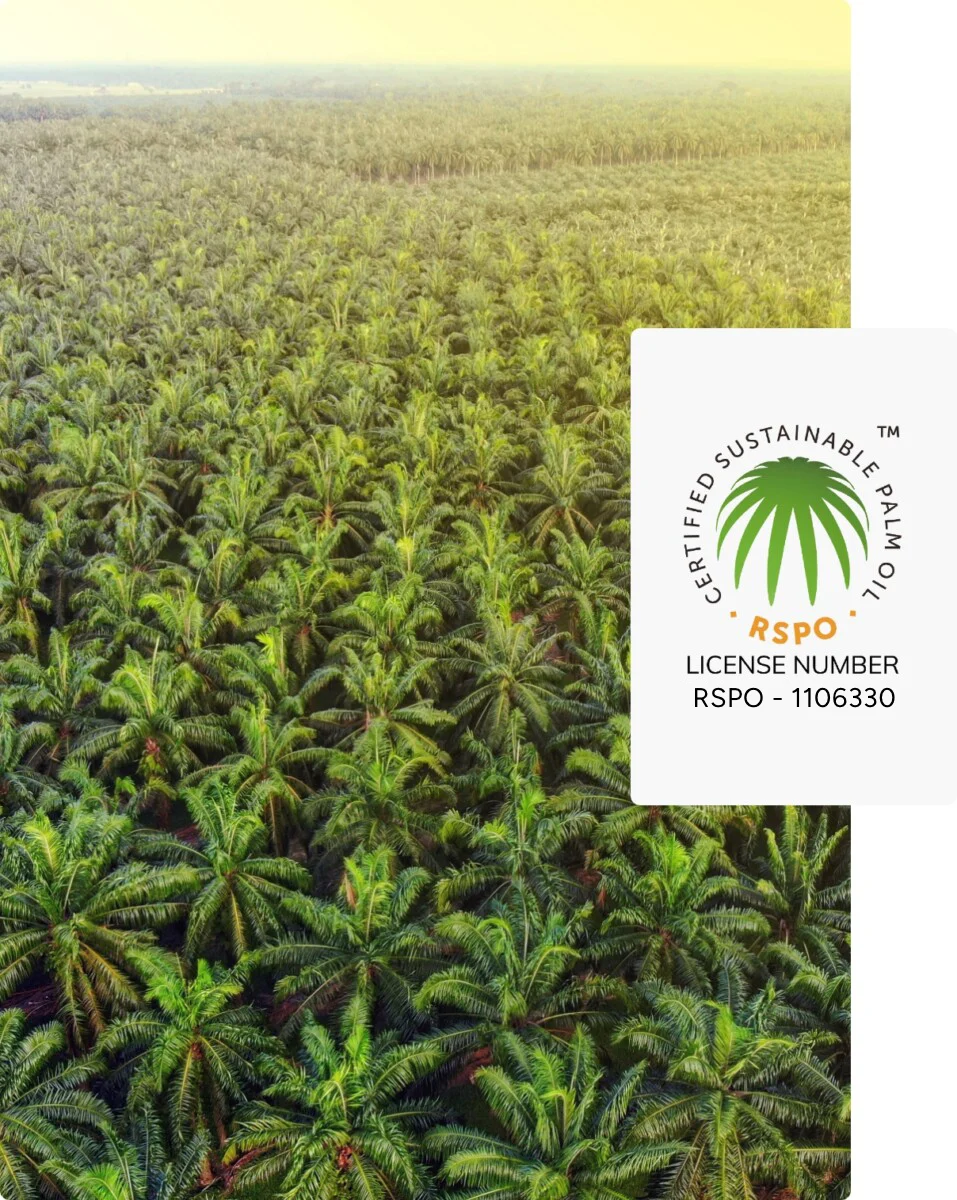
Despite Palm Oil is being grown on just 0.4% of world agricultural land, crop developments have to be met in a sustainable way, fostering specific attention to environmental, social and economic impacts as well as risks related to Palm Oil supply chain.
Unigrà recognizes the Roundtable on Sustainable Palm Oil (RSPO) as the leading authority to generate principles and criteria (RSPO P&C) to identify sustainable palm oil and palm oil products and we uphold RSPO standards as first goal to achieve.
As members of RSPO from the early days, we require that all our palm oil suppliers are RSPO members and operate in compliance with RSPO P&C. Furthermore we encourage the consumption of Certified Sustainable Palm Oil (CSPO) also through our participation to the Italian Union for Sustainable Palm Oil (UIOPS).
In accordance to the more stringent sustainability targets established by UIOPS, Unigrà also aims to guarantee full traceability of all its Palm Oil up to the production mill by 2020. On traceability a significant leap forward has now been made possible and as of today we have grouped together the entire and detailed list of all the mills involved in the production of the Palm oil supplied to our plant. We consider it an important step toward a better activity control based on monitoring, transparency, transformation and verification.
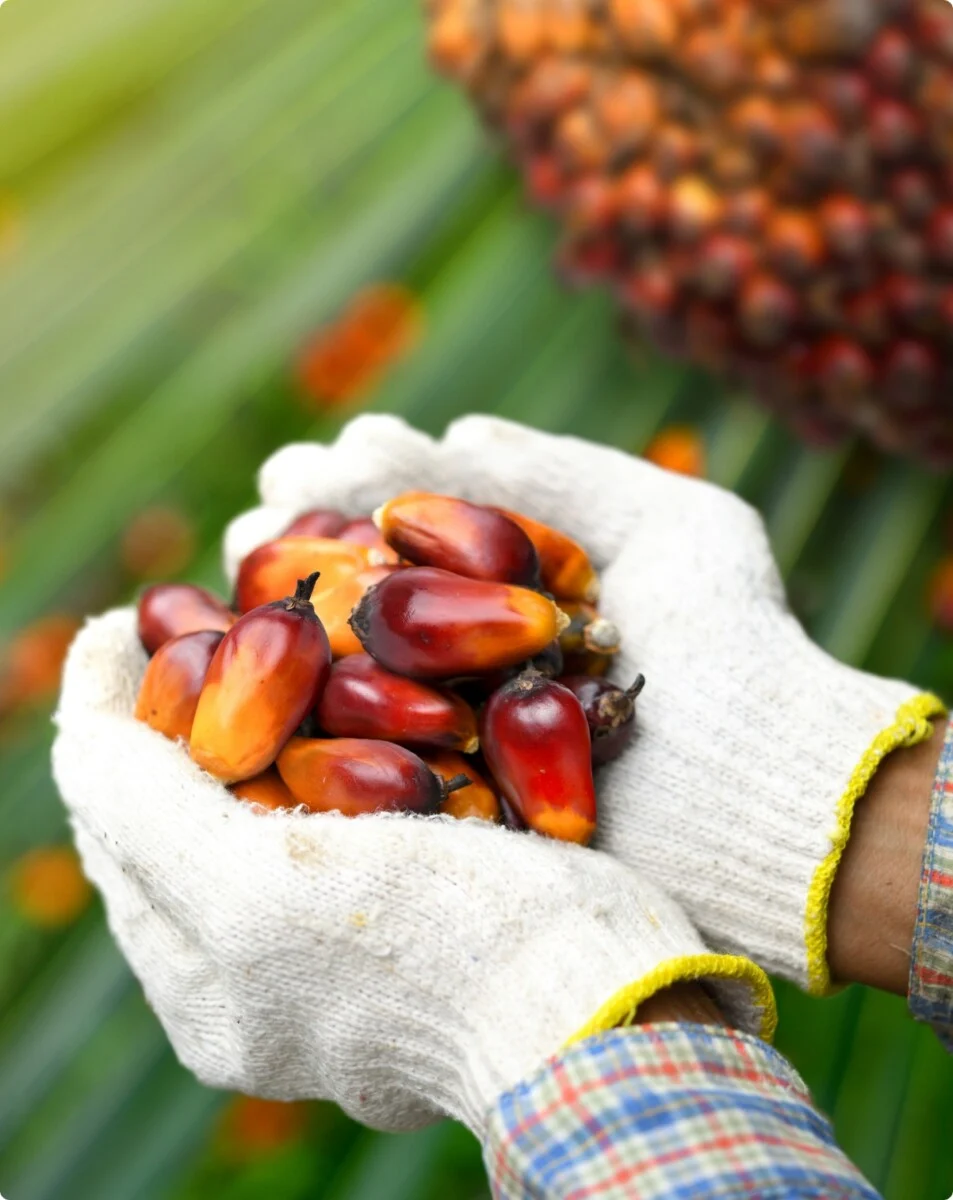

As members of RSPO from the early days, we require that all our palm oil suppliers are RSPO members and operate in compliance with RSPO P&C. Furthermore we encourage the consumption of Certified Sustainable Palm Oil (CSPO) also through our participation to the Italian Union for Sustainable Palm Oil (UIOPS).
In accordance to the more stringent sustainability targets established by UIOPS, Unigrà also aims to guarantee full traceability of all its Palm Oil up to the production mill by 2020. On traceability a significant leap forward has now been made possible and as of today we have grouped together the entire and detailed list of all the mills involved in the production of the Palm oil supplied to our plant. We consider it an important step toward a better activity control based on monitoring, transparency, transformation and verification.

Beyond RSPO P&C, Unigrà, as processor, will work together with its own direct Palm Oil suppliers, and their respective counterparts, monitoring activities at origin, in order to achieve the following target:
No clearing of High Carbon Stock Forests, adopting High Carbon Stock Approach (HCSA)
No fire used to clear land
No planting on peat soils
Protection of orangutans and other endangered species by maintaining High Conservation Value areas
Recognizing, respecting and strengthening the rights of workers and local communities, including CGF PiPs Principles for workers (freedom of movement, no pay for a job and no being indebted or coerced to work)
Foster the development of independent smallholders
Uphold the rights of indigenous people through the adoption of Free Prior Informed Consent (FPIC) process prior to commencement of activities
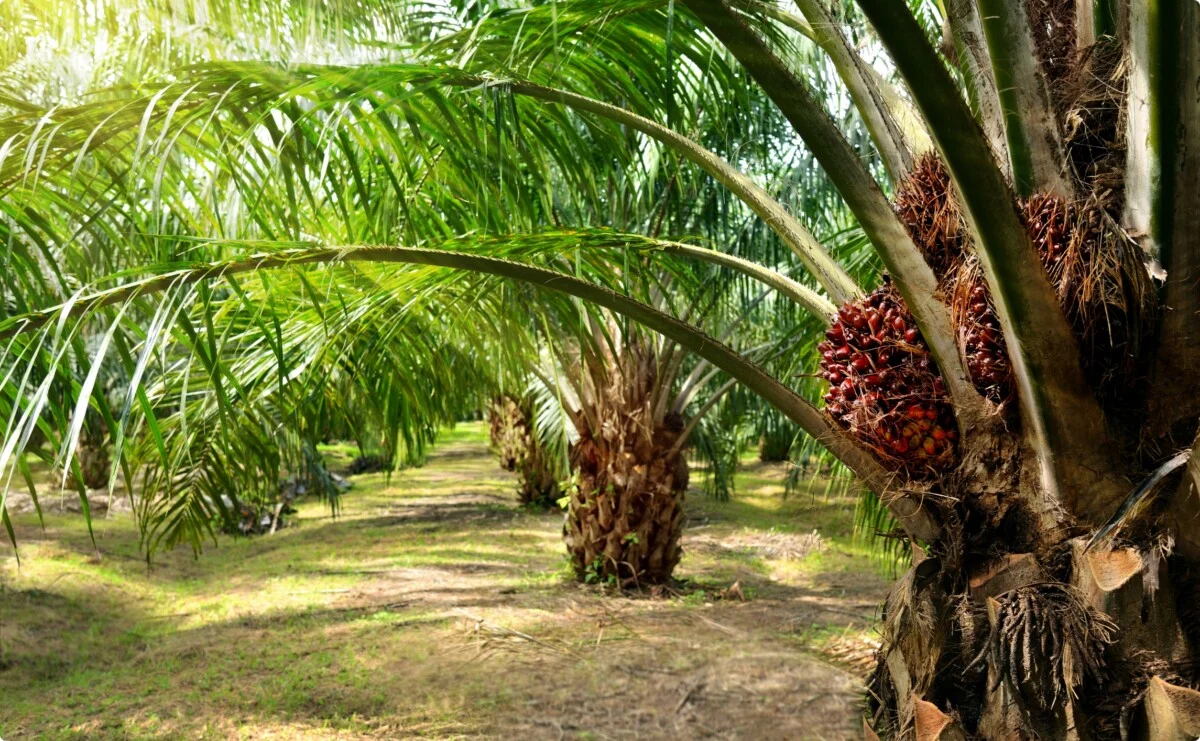
For more information, please download:
Key Performance Indicators
LATAM origin
2020
2021
Number of mills in our supply chain
44
33
Traceability to mill
100%
100%
Traceability to plantation
72%
75%
List of mills in our supply chain covered by NDPE policy67
72%
67%
High risk mills in our supply chain (according to Global Forest Watch)
10
8
High risk mills in our supply chain with action plan
8
8
Open grievances
1
2
% smallholders in our supply chain
40%
13%
% suppliers covered by training modules
n.d.
82%
Palm, Traceability Dashboard
Palm Oil Traceability to mill 2021-2022
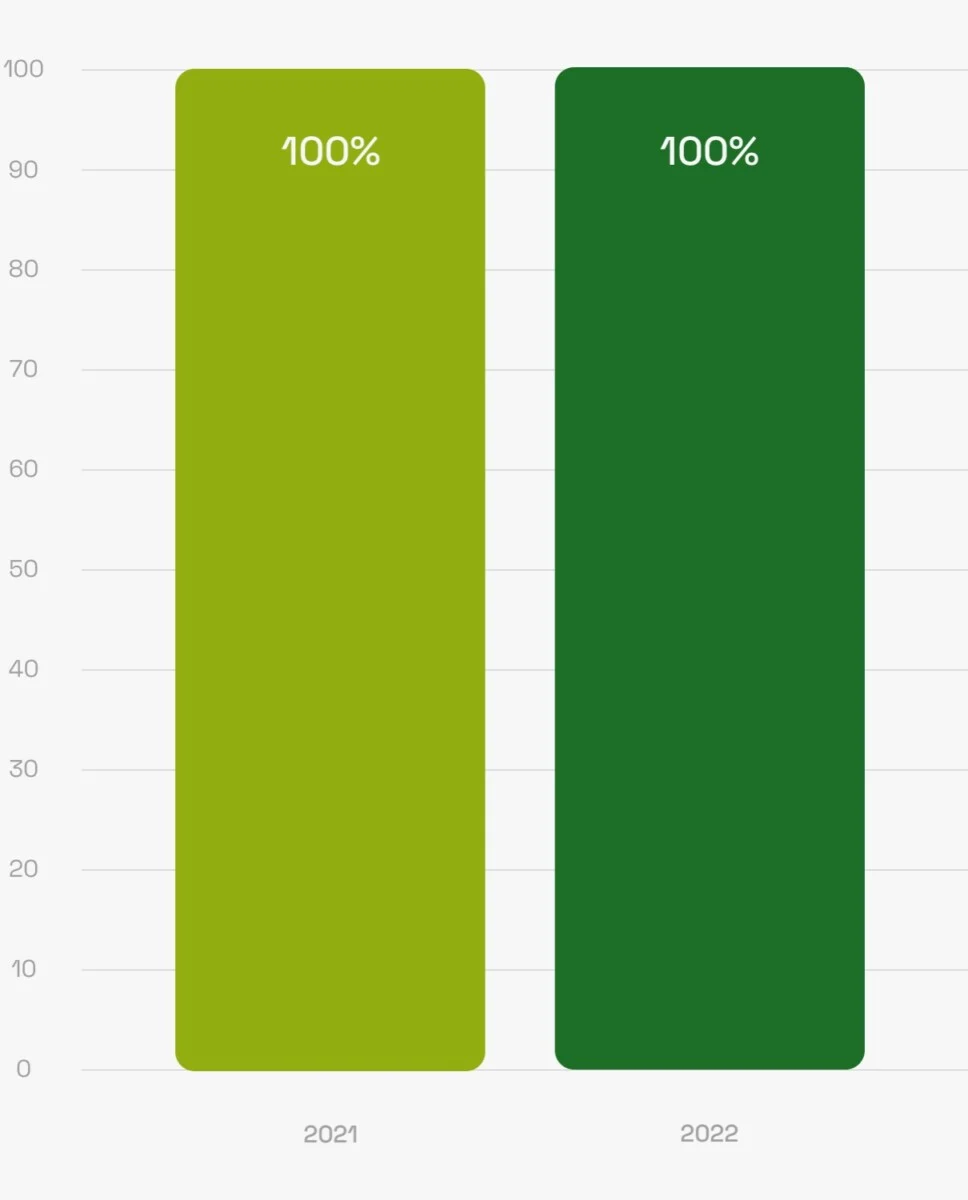
Palm Oil Traceability to plantation 2020-2021
